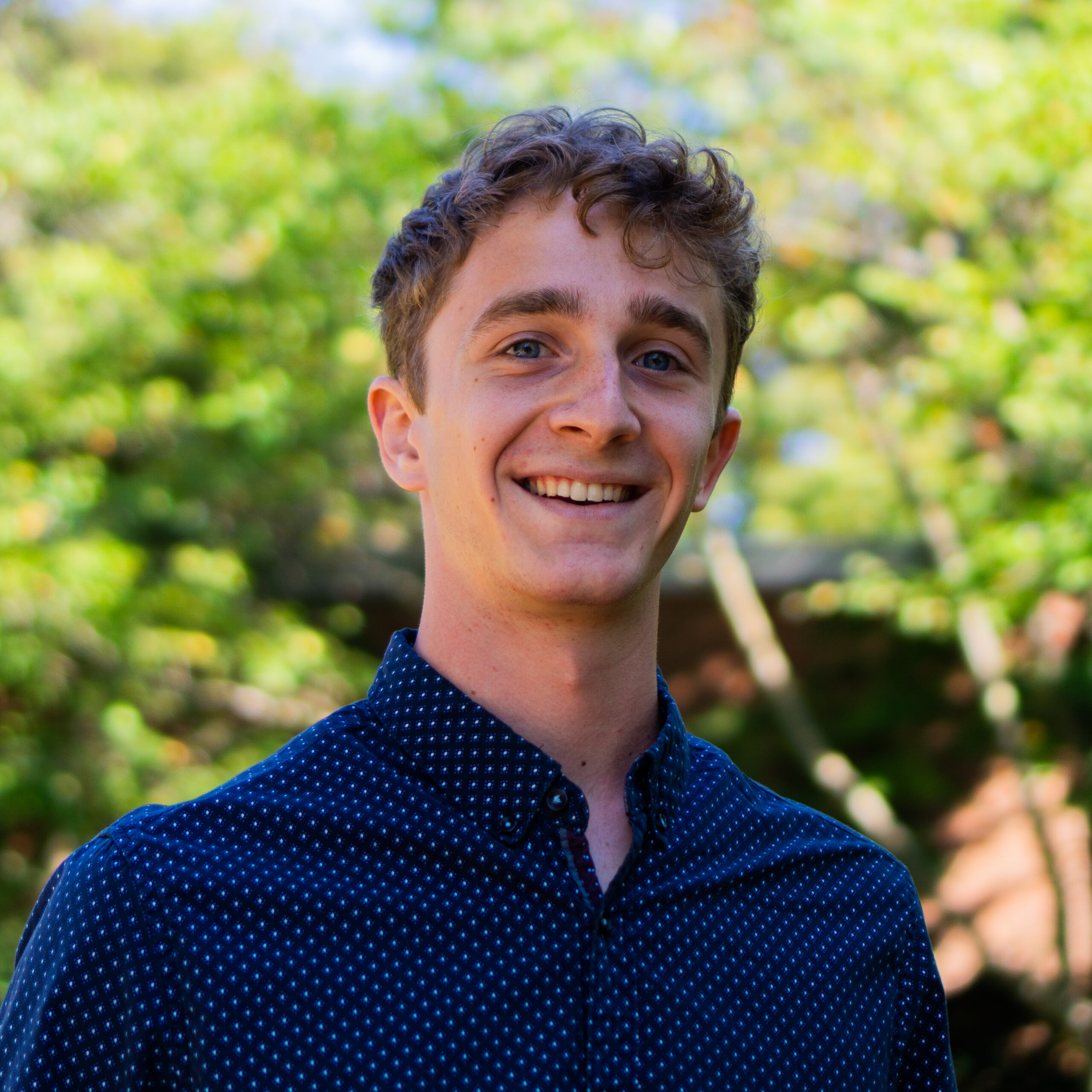Next fall, Goshen College will send off its first split-semester Study-Service Term (SST) unit, with participants spending half of the semester on GC’s campus and the other half in Baltimore, Maryland.
The unit will focus on the themes of immigration, asylum and refugees. During the first half of the semester, the students will take two classes: one on literature written by refugees and other displaced people, and the second on the causes and consequences of global migration. Then, after the midterm break, they will travel to Baltimore for service placements.The split-semester arrangement reflects a shift in the SST department as it tries to continue meeting students’ needs.
Jan Bender Shetler, director of international education, said that this unique learning model reflects how SST “goals have shifted,” as it changes to meet “a new student body, a new faculty and a new global environment.”
In the fall of 2018, as part of SST’s 50-year anniversary, Bender Shetler helped convene a search conference to think about the future of SST. Seeking input from teaching faculty, administrators and students, the conference determined what students’ new needs are. Bender Shetler described “a very strong call [that] came out of that to adapt SST to students who either couldn’t or don’t desire to do a full semester abroad.”
Splitting the experience between on and off campus portions was one idea that emerged from that discussion.
Bender Shetler explained who will benefit from the model: “athletes who could finish their season” while on campus; “people who just need to work more” in the beginning part of the semester; and commuter students, who will save on half the cost of room and board that would accompany a full semester abroad.
Ann Hostetler, GC professor emeritus of English, will teach the course on refugee literature, and Cory Smith, a lawyer and immigrant policy advocate, will teach the course on migration.
Smith said that he “loves teaching, especially on this issue,” and is excited to work with GC students on immigration. Investigating the “root causes [and] push factors of immigration … and displaced people and refugees” will be key themes of the course, said Smith, as well as finding hope in “the difference one person can make.”
After the midterm break, Susan Miller Setiawan, associate professor of nursing, and her partner Ben will lead the group during their time in Baltimore. Miller Setiawan lived in Baltimore for five years and has connections to North Baltimore Mennonite, the church that will be partnering with the SST group.
The church has an immigration ministry, and uses the Reservoir Hill House of Peace to provide housing for three to four asylum seekers. Miller Setiawan will be living in this house along with a few students who “want the experience of living with the asylum seekers.” The others will live with host families.
Miller Setiawan hopes that in addition to working towards individual goals, the students will come away with an interest in urban life, as well as feelings of empowerment and hope from participating in change.
Above all, she hopes that participants find at least a beginning understanding and respect for the journeys immigrants undertake.
“We all make journeys in life, and asylum seekers make much bigger ones than many of us,” Miller Setiawan said. “How do we look at those, how do we navigate those, and what do they mean to us?”


